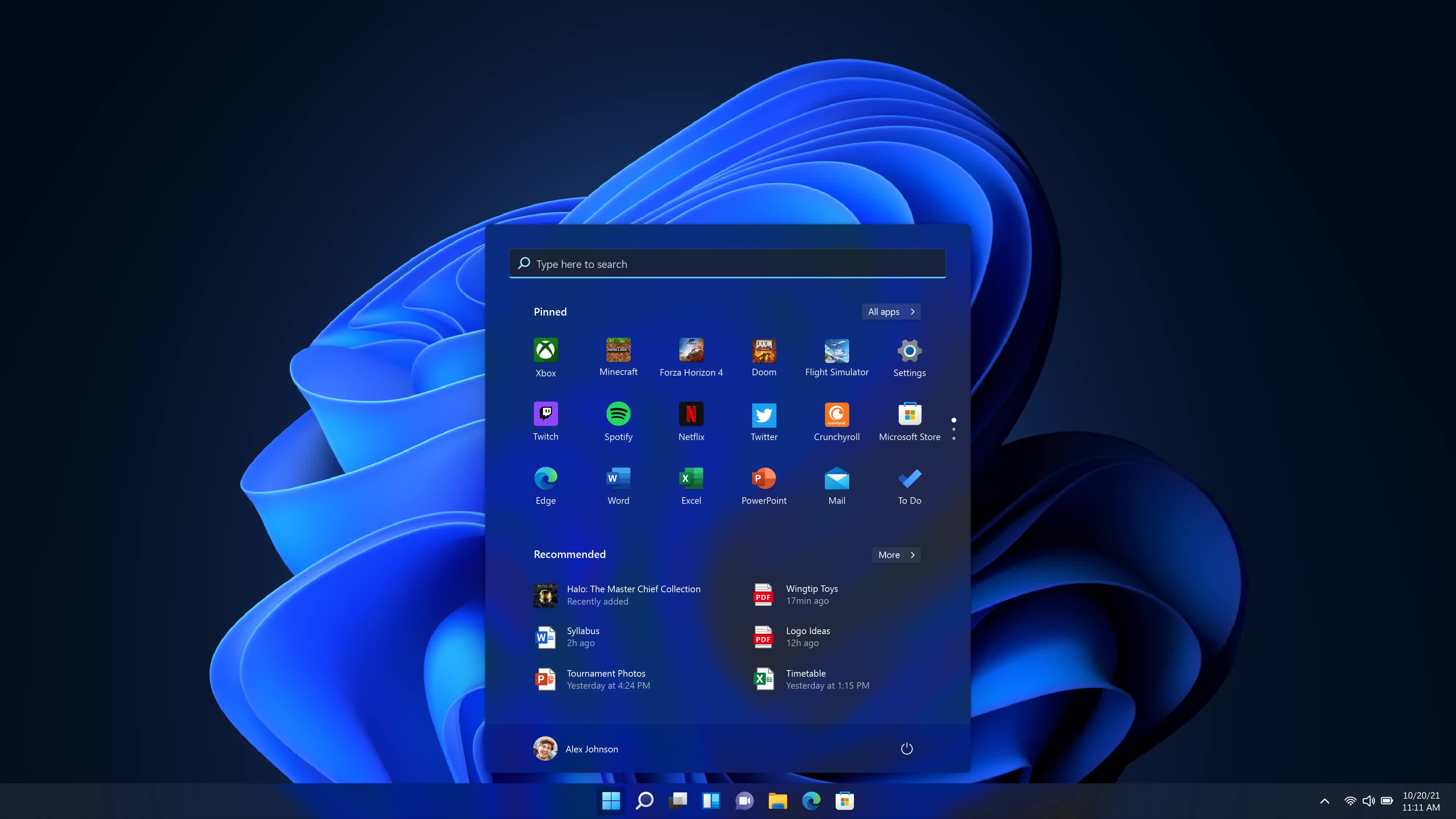Facepalm: Microsoft is investigating a new activation issue that is affecting many Windows 10 and 11 PCs. The problem seems to have cropped up last month after the company pushed out an update to plug a loophole that allowed Windows 7,8, and 8.1 users to upgrade to Windows 10 and 11 for free. However, the update is reportedly causing issues for some people who say they used the method to legitimately move to Windows 10 or 11 from an older version of the OS.

According to aggrieved users, the problem affects Windows 10/11 installations that were legally activated using Windows 7/8 product keys as part of a free upgrade offer from Microsoft. However, following last month's update some of those installations are reportedly getting deactivated if any hardware component in the PC is changed or the BIOS is updated.
The issue has been confirmed by The Verge's senior editor Tom Warren, who says one of his test PCs also got deactivated after swapping out a motherboard, requiring him to buy a new Windows 11 license to keep using the device. At least one Windows user also filed a complaint with the FTC after his Windows 10 installation was deactivated after a hardware change.

With so many people facing problems with activation, Microsoft has finally taken note of the problem and is looking into resolving the issue. In a statement to The Verge, the principal product manager of Windows, Bill Bobonas, said "Microsoft is aware of these customers' reports and is investigating." He also advised affected users to contact customer support.
However, customer support has apparently been refusing to help affected users. Daniel Mittelman, who filed the FTC complaint, says Microsoft support refused to do anything about his activation concerns as his Windows 10 license had been upgraded from Windows 7. This is despite the support personnel acknowledging that changing hardware components is not a violation of the Windows licensing terms.
Until Microsoft rolled out the controversial update last month, folks running Windows 7,8, and 8.1 could update to Windows 11 for free by simply using the activation key of the older OS. However, the update plugged that loophole, with the company pointing out that the official free upgrade offer ended back in July 2016. While Microsoft promised that devices upgraded under this program would remain activated, recent hardware changes have been causing issues with this activation. It will be interesting to see how quickly Microsoft will sort out this problem to pacify the enraged users.